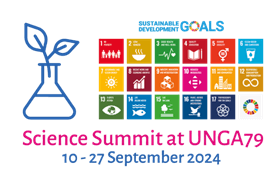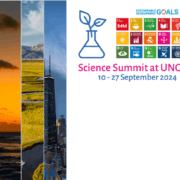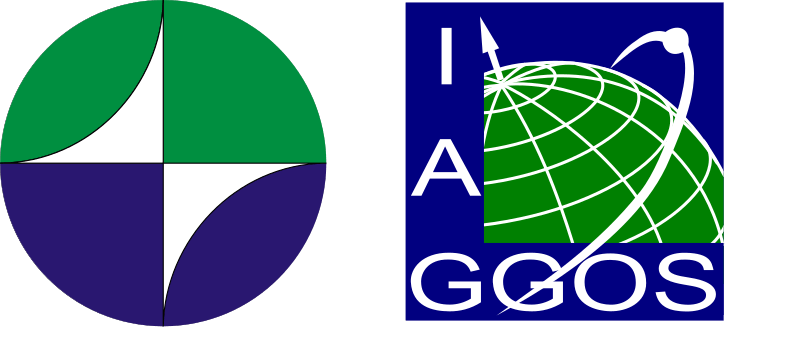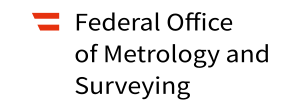UN Science Summit – Africa Rising | Report Geodesy Day
Report on the Geodesy Day at the United Nations General Assembly Science Summit 2024
Africa Rising: Shaping our Common Future through Geodesy. Implementing UN General Assembly Resolution A/RES/69/266 “A Global Geodetic Reference Frame for Sustainable Development”
The Science Summit at the UN General Assembly 79 took place from 10 to 27 September 2024 as a hybrid meeting (online and face-to-face in New York City) and coincided with the UN Summit of the Future, which placed a special emphasis on the Africa Science Leadership Coalition, to promote African leadership in science policy decision-making.
The agenda covered a wide range of topics such as multilateral research cooperation, neuroscience and society, water research and innovation, strengthening the central role of science in society, resilient ecosystems and communities with science, transforming knowledge into practical services, and barriers to international science cooperation with a focus on data sharing and management. Amidst all these exciting topics, the 2024 Science Summit hosted a Geodesy Day on 27 September. The one-day session was entitled Africa Rising: Shaping our Common Future through Geodesy. Implementing UN General Assembly Resolution A/RES/69/266 “A Global Geodetic Reference Frame for Sustainable Development”. The main objective of the event was to integrate the African perspective to address unique challenges and contributions by recognising the central role of the global geodesy supply chain in tackling global challenges such as climate change, urbanisation and sustainable resource management, as well as to align geodetic science with policymaking and to advance research through multidisciplinary cooperation within and between African countries. The event was attended by 209 participants and facilitated discussions between Member States, international organisations, and geospatial experts.
 Impressions from the Africa Rising Meeting: On-site panellists: Daniel Roman, Laura Sánchez, Richard Gross, online panellists: Anne Jørgensen, Aslam Parker and Nicholas Brown (moderator), photo M.V. Mackern.
Impressions from the Africa Rising Meeting: On-site panellists: Daniel Roman, Laura Sánchez, Richard Gross, online panellists: Anne Jørgensen, Aslam Parker and Nicholas Brown (moderator), photo M.V. Mackern.
The Geodesy Day was organised by the Department of Science and Innovation (DSI) of South Africa (Aletha de Witt) with the support of the UN Global Geodetic Centre of Excellence – UN-GGCE (Nicholas Brown and Anne Jørgensen) and the Global Geodetic Observing System – GGOS (Laura Sánchez). The opening keynotes highlighted the contribution of geodesy to sustainable development and how geodesy provides the essential reference layer for public infrastructure, as well as the hidden risks that threaten critical infrastructure and sustainable development, with a focus on Africa. Two panel discussions then extended and complemented the views presented in the keynote speeches. The first panel focused on achievements and ongoing challenges since the adoption of the UN Resolution on the GGRF. The second panel discussion focused on African perspectives on the 1st Joint Development Plan for Global Geodesy to sustain the global geodesy supply chain. In the afternoon, the workshop Sustaining the Global Geodesy Supply Chain in Africa provided further insights into the challenges and opportunities of a robust geodetic infrastructure in Africa.
According to the session outcomes, the main opportunities may be summarised as follows:
- Revitalisation of the African Geodetic Reference Frame (AFREF): Significant efforts are underway to develop a continent-wide geodetic reference network that promotes data consistency and facilitates geospatial applications.
- Regional cooperation: Initiatives such as the Regional Centre for Mapping of Resources for Development (RCMRD) in Nairobi, the Geospatial Information Section of the UN Economic Commission for Africa (UNECA) in Ethiopia, or the Africa Chapter of the UN Committee of Experts on Global Geospatial Information Management (UN-GGIM Africa) foster geodetic training and capacity building and provide a framework for cooperation at the continental level.
- Increased participation in global geodetic organisations: The interaction of African scientists and institutions in global communities such as the International Union of Geodesy and Geophysics (IUGG), the International Association of Geodesy (IAG) and the International Federation of Surveyors (FIG) facilitates participation in global initiatives that highlight the essential role of African geodesy in the global framework and promote collaborative projects of mutual benefit.
- GGOS Africa: The establishment of the GGOS Affiliate GGOS Africa will bring together regional scientists and technicians involved in the collection, analysis, management and use of geodetic data to facilitate greater collaboration across regions, communities and new technologies, and promote geodetic capacity building. This regional alliance will be a powerful tool to identify, enable and develop sustainable geodetic observations, products and services according to regional and national priorities, in line with global goals.
Read the complete report
Laura Sánchez (DGFI-TUM, Germany), Aletha de Witt (DSI, South Africa)
October 2024



